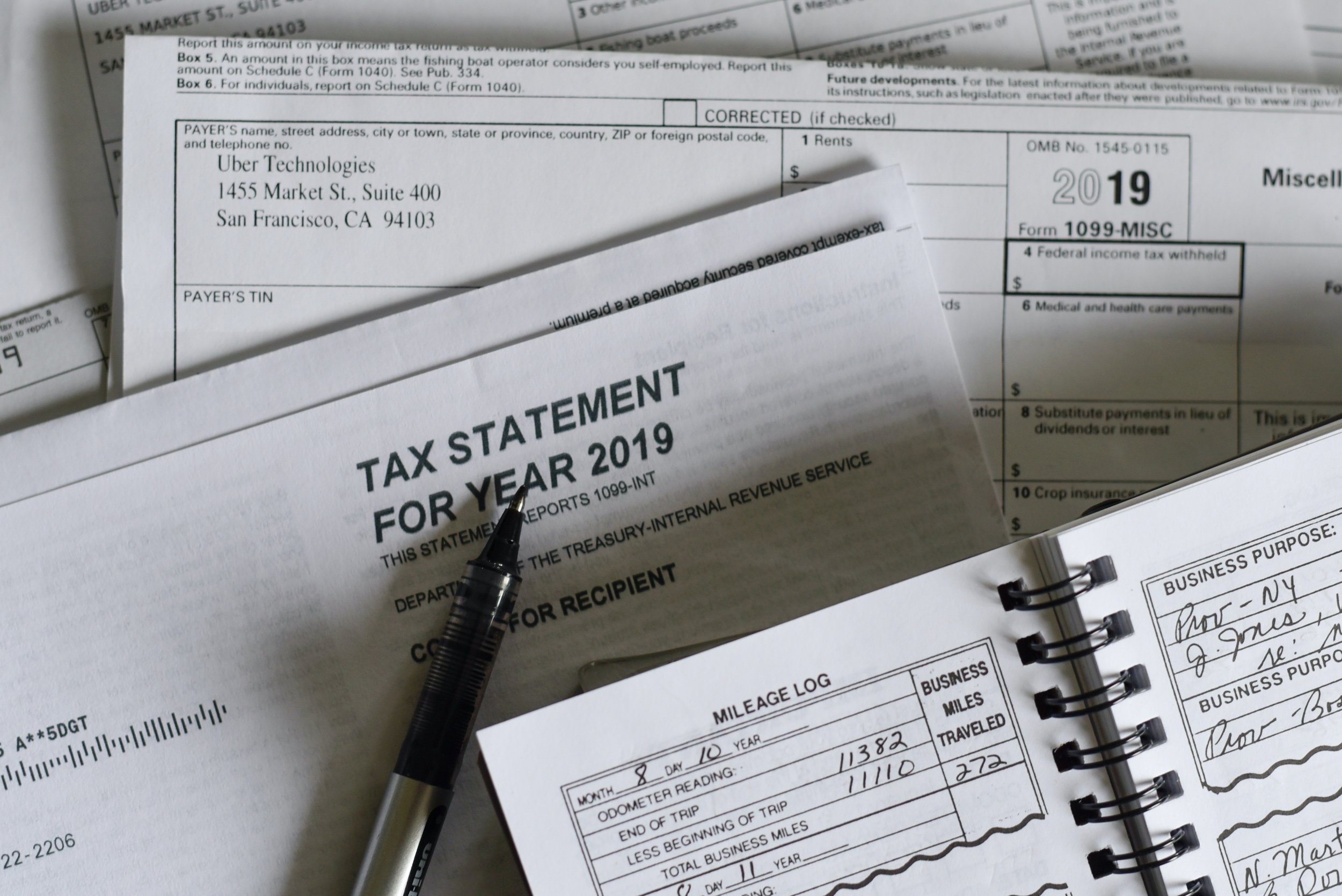Why Pay Taxes When You Don’t Have To
The Wisdom of Deference
Matthew 17:24-27 takes place in Capernaum, and involves the issue of the temple tax that was imposed annually, probably by the Jews rather than the Romans, on all Jewish men between the ages of 20 and 50. It amounted to one drachma (half a shekel) and provided for both the upkeep of the temple as well as the support of the priests. Here is the account:
“When they had come to Capernaum, those who received the temple tax came to Peter and said, ‘Does your Teacher not pay the temple tax?’ He said, ‘Yes.’ And when he had come into the house, Jesus anticipated him, saying, ‘What do you think, Simon? From whom do the kings of the earth take customs or taxes, from their sons or from strangers?’ Peter said to Him, ‘From strangers.’ Jesus said to him, ‘Then the sons are free. Nevertheless, lest we offend them, go to the sea, cast in a hook, and take the fish that comes up first. And when you have opened its mouth, you will find a piece of money; take that and give it to them for Me and you.’”
So, why did Jesus pay the tax? He was the Son of the Lord of the temple. He should not be obliged to do so. Jesus’ own words give the reason: “Lest we offend them.” It is an important principle elaborated on elsewhere in the New Testament. There are certain things we may not be required to do, but we do them anyway out of deference to those who would struggle, or take offense, if we disregarded their concerns. Or vice versa. We voluntarily suspend our rights because not everyone would understand if we insisted on them. For Paul the deference revolves around dietary restrictions, observance of special days, and meat offered to idols (See 1 Corinthians 8:13; 9:12; 9:22). But what Jesus teaches Peter and the others about paying the temple tax—well, that is the example from which Paul derives his teachings, too.
We seem to have forgotten these principles as Christians living in America, where “I have my rights!” is seen as a very American thing to say. The problem is, it isn’t very Christian. Certainly, we should fight for our right to worship, and for other constitutional protections; and we should be thankful for those protected rights. It’s different, though, when it comes to a personal liberty in the context of a possible offense. In this context it is scriptural not to insist on exercising your right. When it comes down to it, we need reminding sometimes that in Christ we have no rights. We are servants. We are bondslaves of Christ. We do what He wants. Still, although we are His servants, and our lives belong to Him, perhaps we lose sight of just how free we really are in Christ—free from the penalty and slavery of sin, free from the fear of the grave, free to come anytime, anywhere we are, into the presence of the very Creator Himself through the shed blood of Christ. Knowing this liberates us to such a degree that, just as Jesus did when He gave up His throne in heaven, we can set aside our “rights” and still know that we are free.
Summary Excerpt Written by Claudia Anderson
Listen/Watch the full message
